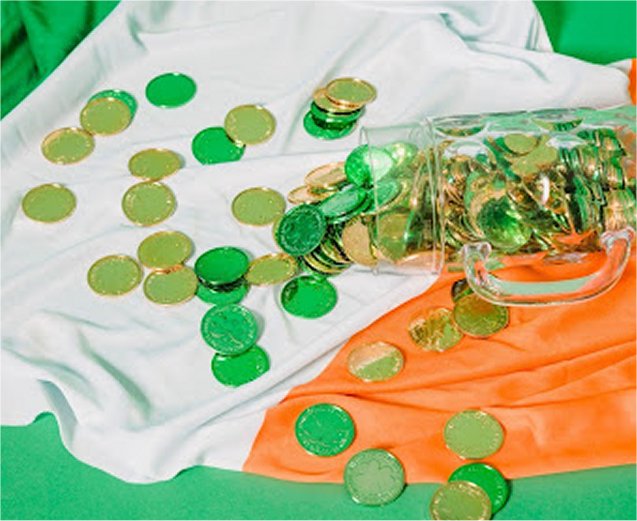|
|
 |
 |
The State of Irish Gambling Today
and the Changes Ahead |
|
|
| |
 |
| |
With critics having pushed for changes to Ireland’s gambling landscape for many years, it appears the
government has finally made a commitment to bring legislation to the 21st century.
On 19 October, 2021, the Irish legislator pushed ahead the approval
for the publication of the so-called General Scheme of the Gambling Regulation Bill. The primary focus of the programme is on
the creation of a new gambling regulator, set up in effect to protect consumer rights and well-being.
The potential effect of the new
legislation is far-reaching, with the government looking to regulate not only gameplay, but also advertising, websites, and mobile applications.
In Ireland, There are No Rules
At present, Ireland’s gambling rules are ‘fuzzy’, and
that’s being kind. The current rules, effectively, are that there are no rules. The country is operating in limbo, a gambling Wild West, if you will.
For example, if a bookie doesn’t pay out winnings, there is no legal protection for the player. Because existing gambling laws are still based on
legislation drafted back in the 1930s-50s (when consumer rights weren’t really a thing), there is very little in place in favour of the player.
Nevertheless, the market has still made it relatively simple for players to access reliable operators, with licensed review sites helping players make
informed decisions when choosing the right online casino. The best rated online casinos in Ireland can be trusted
through what is in effect an industry filtering system.
The Gambling Regulatory Authority of
Ireland
The new legislation will push to create an independent gambling regulator, aptly to be called the Gambling Regulatory Authority of
Ireland. The government is already actively advertising to find a CEO for the new Authority, so its creation is essentially a done deal.
The focus of
the new legislation is consumer protection and well-being, as well as ensuring public safety. This will be achieved by approving and vetting providers, as well
as controlling both sponsorships and advertising.
In terms of timeframe, 2023 seems like the most realistic scenario for the creation of the regulator,
as well as the introduction of the new laws and legislation to be put in place.
Will Legislation Go Too
Far?
Whilst new gambling legislation is generally a positive development for the industry, there are some who worry about the government
overreaching. For example, it appears the new legislation will also consider playing the lottery as a form of gambling, which means advertising laws will also
apply here.
This means that familiar advertisements for the National Lottery will no longer be treated in the same way, with both these and adverts for
providers like Paddy Power, for instance, being treated in exactly the same way.
The Lottery in both Ireland and the United Kingdom is a driver for
worthy causes, with critics worrying that legislation will endanger the positive impact of the industry. It’s not an insignificant point, especially when
you consider the figures. In the UK alone, the National Lottery has funded over 660,000 projects and donated over £45 to good causes.
Will
legislation affect initiatives such as these? Perhaps. Nevertheless, protecting consumers in an industry that has far too many problem gamblers and players who
lose out to dodgy companies, the best scenario is still one where punters come first.
However, there is a fine line between protecting players and
effectively outlawing a legitimate industry. Let’s hope the Irish government modernises legislation in the interests of the players, rather than anything
else.
Regulations Won’t Do All the Work
Even the leading gambling regulators cannot
guarantee that players can blindly trust their operator of choice. The market is a little too murky for that, and far too many websites based abroad, outside
of the reach of legislators, still means that players need to be vigilant.
Irish players should still seek to do their due diligence before placing
their hard-earned income with a gambling operator. Is the casino approved by both a regulator and a trusted review site, for example?
Ultimately, these
changes are welcome in an industry that is lagging behind other popular gambling destinations, like the neighbouring United Kingdom. Gambling is a legitimate
industry, and it deserves legislation that treats it as such. |
| |
| |
|
| |
|
|
|
 |
|